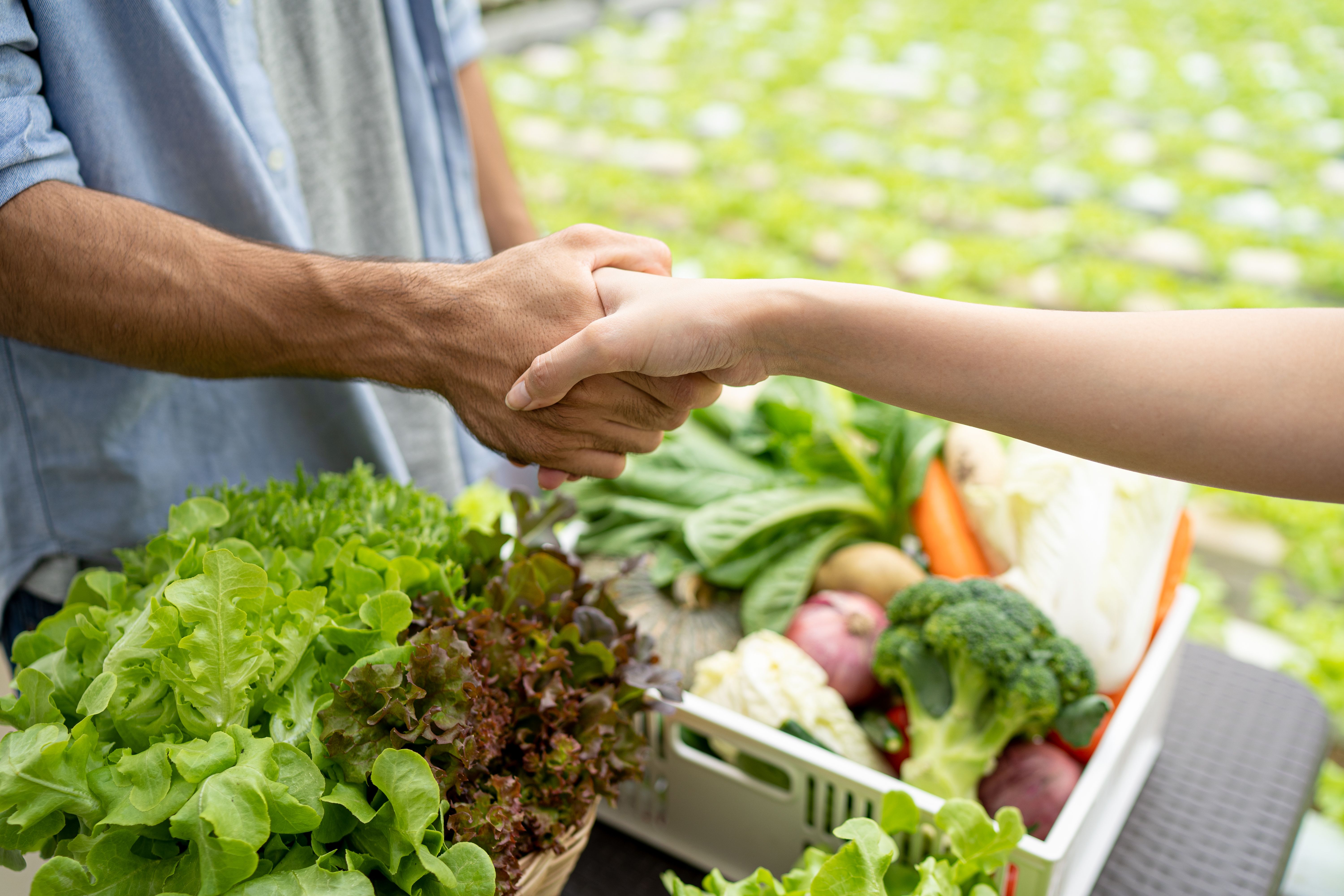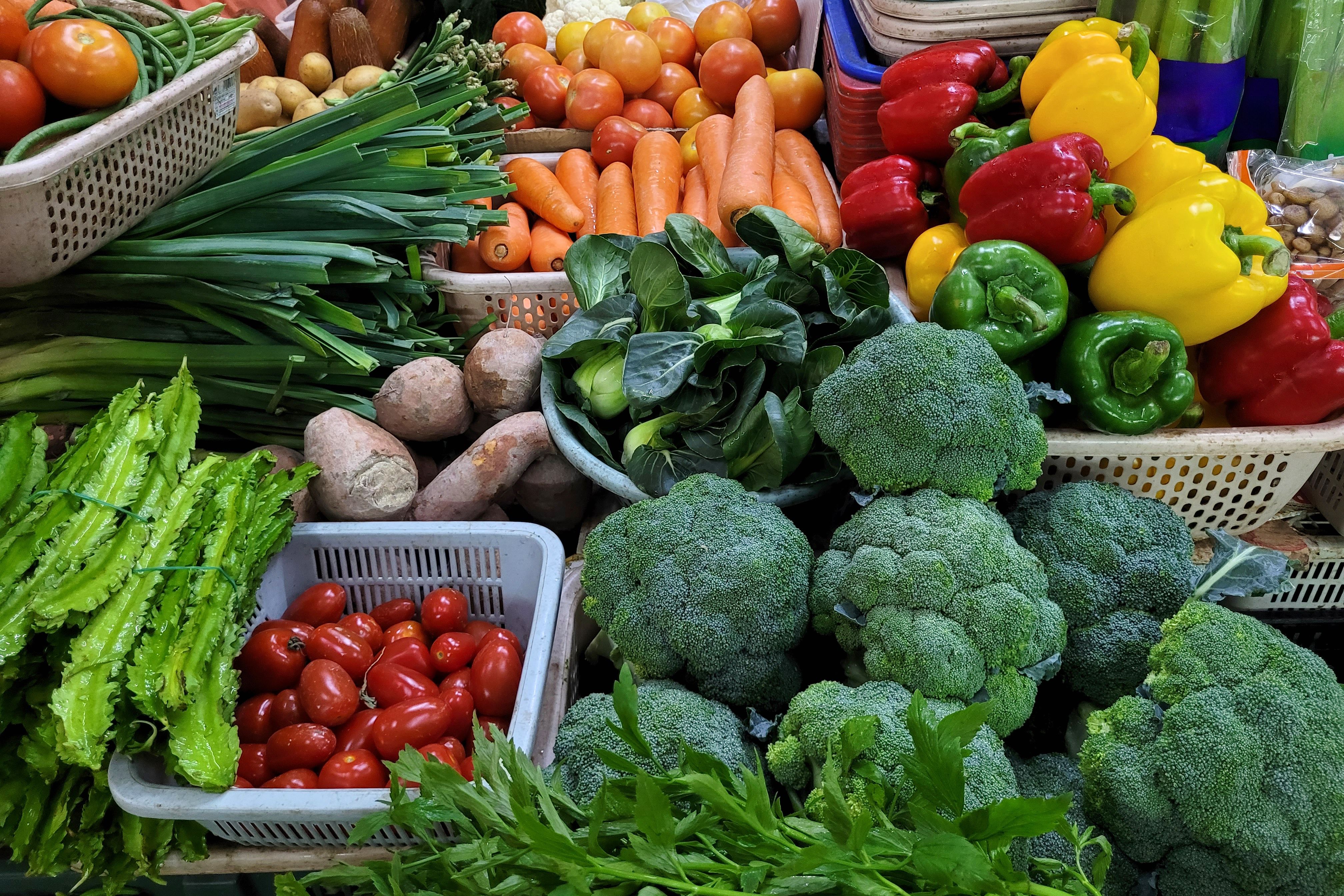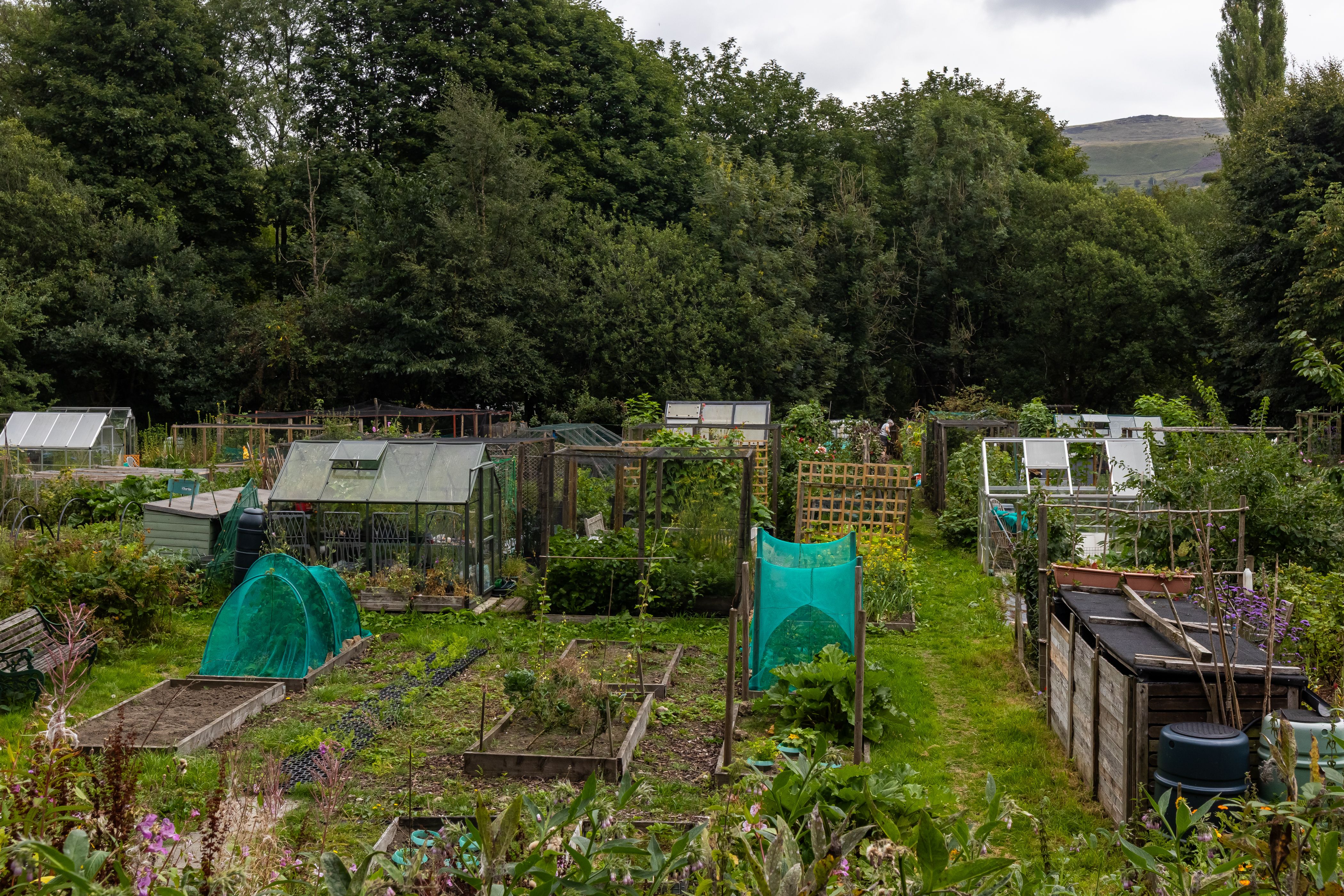Transitioning to Organic Groceries: Tips for Utah Beginners
Understanding the Benefits of Organic Groceries
Switching to organic groceries can offer numerous health and environmental benefits. Organic foods are grown without synthetic pesticides or fertilizers, making them a healthier choice for your family. Additionally, organic farming practices help support biodiversity and soil health. By choosing organic, you’re also supporting sustainable agriculture.
In Utah, where local farming is abundant, you have the opportunity to source fresh, organic produce that’s grown close to home. This not only supports local farmers but also reduces the carbon footprint associated with transporting food over long distances.

Starting Small: How to Begin Your Transition
Transitioning to organic groceries doesn’t have to happen overnight. Start by gradually incorporating organic products into your shopping list. Begin with items that are known to have higher pesticide residues, such as strawberries, spinach, and apples, often referred to as the "Dirty Dozen."
Another way to start small is by visiting local farmers' markets in Utah. These markets often feature organic produce and allow you to connect directly with growers. This direct interaction can provide valuable insights into farming practices and product origins.
Budget-Friendly Tips for Buying Organic
One common concern about organic groceries is the cost. However, there are several strategies to make organic shopping more affordable. Buying in bulk is an excellent way to save money on organic staples like grains, nuts, and seeds. Many stores in Utah offer bulk sections where you can purchase these items at a reduced cost.
Additionally, consider joining a local co-op or community-supported agriculture (CSA) program. These programs often provide access to organic produce at a lower price, as well as the opportunity to support local farms.

Storing and Using Organic Produce Effectively
Proper storage is key to making the most of your organic groceries. Store fruits and vegetables in a cool, dry place, and use breathable bags to keep them fresh longer. For leafy greens, wash and dry them thoroughly before storing in the refrigerator.
To reduce waste, plan your meals ahead of time and purchase only what you need. Consider preserving surplus produce through freezing or canning, which can extend the lifespan of your groceries and provide you with organic options throughout the year.
Getting Involved in the Organic Community
Engaging with the local organic community can enhance your grocery shopping experience. Attend workshops or events focused on organic living in Utah to learn more about sustainable practices. Connecting with others who share your values can provide support and inspiration on your journey.
Consider volunteering at a local farm or garden. This hands-on experience can deepen your understanding of organic farming and help you appreciate the effort involved in bringing organic products to your table.

Embracing a Healthier Lifestyle
Transitioning to organic groceries is just one step towards a healthier lifestyle. Combine your new shopping habits with other sustainable practices, such as reducing plastic use and conserving water, to make a broader impact.
Remember, every small change contributes to a larger movement toward sustainability. By choosing organic, you’re not only improving your own health but also contributing to a healthier planet for future generations.